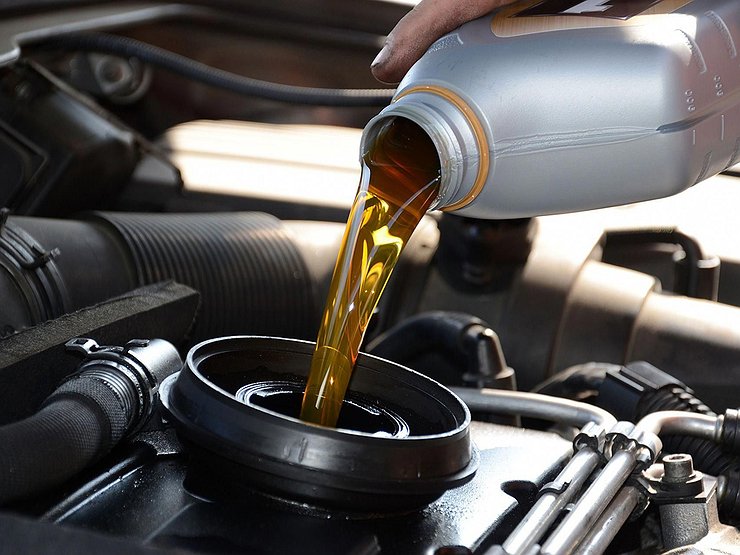
Why you need a thicker oil for your car in summer
With an oil like 10W40, the oil flows like a 10th weight in sub-zero temperatures and protects like a 40th weight in the summer. With this innovation in oil characteristics, changing the weight with the season is no longer required and can be detrimental.
With the arrival of summer and rising temperatures, we must pay more attention to some of the important components of our car that will need extra help to get through this season without problems.
High temperatures can affect engine performance and resistance, so it's a good idea to change your oil before summer hits and use the one best suited for very high temperatures.
If the temperature exceeds 104º F, it is very likely that the oils will evaporate faster. It also reduces the efficiency of this important component for our car's engine. It is best to constantly check the oil level and use a thicker one.
Why is a thicker motor oil better to use in summer?
Oil is the subject of more misinformation, controversy, outdated knowledge and myths than any other aspect of car maintenance. Using the right oil is an essential part of keeping your engine running smoothly, but what does that mean?
Conventional oils had only one viscosity and were diluted when heated. This situation caused starting problems during the winter because the oil turned to molasses and the pumps could not properly lubricate the engine.
To combat this, in cold weather, a light oil, such as 10 viscosities, was used to keep it flowing, while heavier 30 or 40 viscosities were better in the summer months to prevent the oil from breaking down in the heat.
However, technology has advanced and oils have changed, there are now multi-viscosity oils that flow better when cold, then thicken and protect better when hot, the best of both worlds.
Modern oils are very efficient in all temperature ranges, and new engines are specifically designed and tested to run only with the type of oil specified in the owner's manual. Older cars can also use modern oils, just select the first viscosity based on the climate you live in. Most older cars run fine on 10W30.
:
